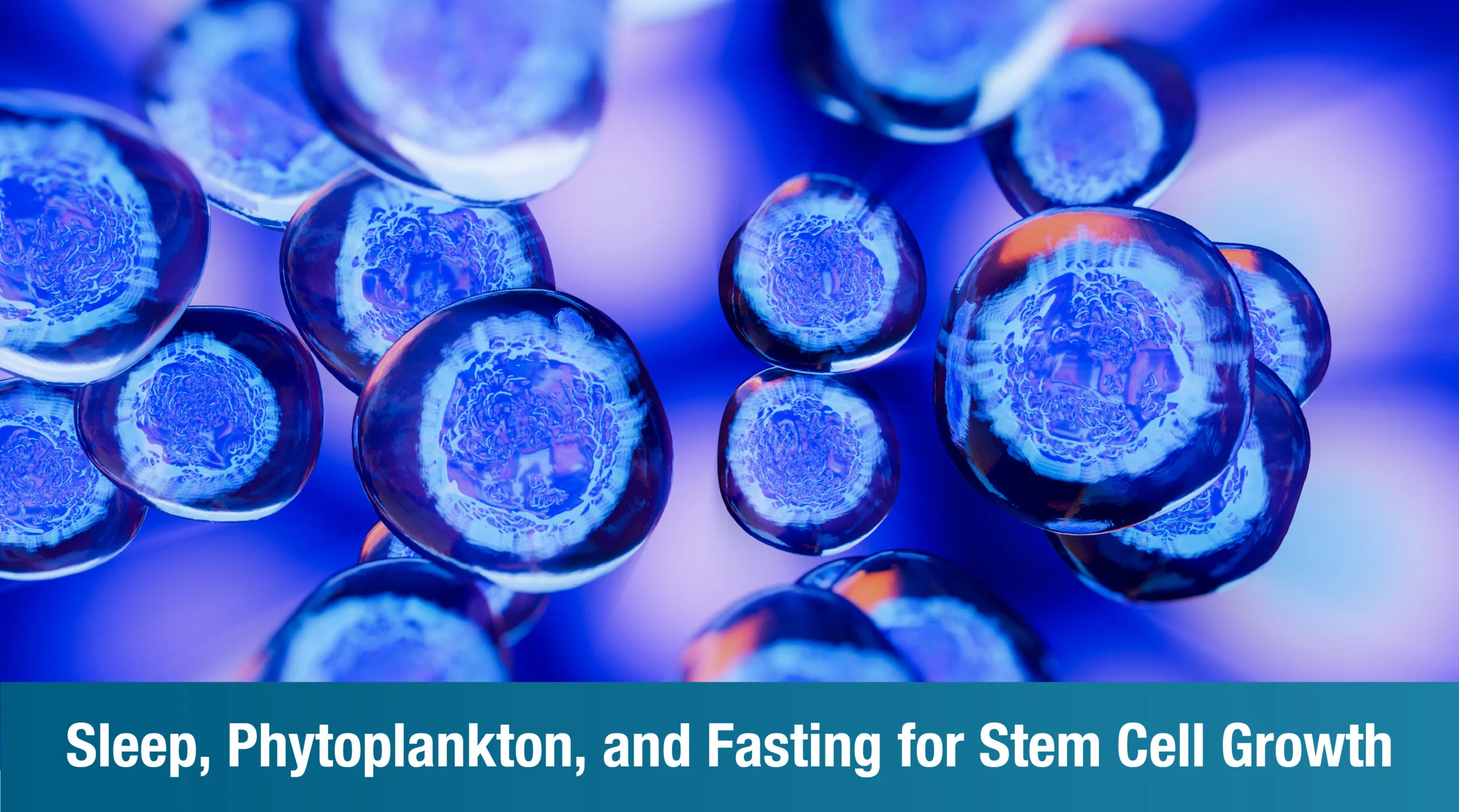
Cells are the body’s natural resource for regeneration and healing, playing a vital role in restoring damaged tissues and renewing cells. With age, the body’s ability to produce these powerful cells declines, making it essential to find ways to support and stimulate regenerative cell production through natural means.
Here’s a comprehensive guide on cells, how they contribute to our health, and the dietary and lifestyle changes that can enhance their production.
What Are Regenerative Cells and Why Are They Important?
Cells are unique in their potential to transform into specialized cells, allowing them to repair and regenerate tissues. These cells are especially beneficial in treating conditions like neurological disorders, degenerative diseases, and autoimmune disorders. In cell therapy, cells are injected into specific areas of the body to stimulate natural healing. While the therapy is effective, maintaining a lifestyle that encourages natural cell production is key to long-term regenerative health.
Top Natural Ways to Increase Regenerative Cells
Regenerative Cell activators refer to lifestyle habits, foods, and supplements that encourage the body to produce more cells. These activators include certain foods, sleep, fasting, and exercise, which together contribute to a lifestyle conducive to optimal cell health.
Anti-Inflammatory Foods That Promote Cell Production
A regenerative or anti-inflammatory diet can naturally enhance the body’s ability to produce and activate regenerative cells. Certain foods contribute to chronic inflammation, which hinders cell production.
Foods to Avoid for Optimal Cell Function
Here are some foods to avoid:
- Deep-fried foods: Foods like samosas and pakoras can damage cell function.
- Sugary drinks: High sugar disrupts cellular health.
- Refined carbohydrates: White bread, pizza, pastries, and similar items can impair cellular health.
- Processed meats: These meats contain preservatives that damage the gut and hinder cell activity.
Instead, a diet rich in anti-inflammatory foods supports the production of regenerative cells.
Best Fruits, Vegetables, and Proteins for Cell Regeneration
Foods that help include:
- Green leafy vegetables: Spinach, kale, and broccoli are packed with antioxidants.
- Fruits and berries: Apples, pomegranates, blueberries, and strawberries are nutrient-dense.
- Nuts and seeds: Walnuts, almonds, and flaxseeds contain essential fatty acids.
- Fatty fish: Salmon, sardines, and mackerel are rich in omega-3 fatty acids.
- Ginger: Known for its anti-inflammatory benefits, ginger also boosts immunity.
- Mushrooms: High in polyphenols, mushrooms help liver health and support regenerative cell production.
Incorporating these foods into your diet can improve cellular health and boost the body’s regenerative capabilities.
How Sleep and Fasting Improve Cell Regeneration
Quality sleep is crucial for overall health, but it is also integral to regenerative cell production. Getting 7-8 hours of uninterrupted sleep each night supports cell repair and regeneration, while chronic sleep deprivation can reduce cell production by up to 50%. Quality rest supports the brain and body’s self-healing abilities, making it one of the most accessible ways to maintain robust cell health.
Marine Phytoplankton: A Natural Cell Enhancer
Marine phytoplankton, a type of algae, is rich in trace minerals, omega-3 fatty acids, and antioxidants, which are essential for cellular health. These tiny organisms are known to help activate dormant cells and support immune function. Often called “nature’s multivitamin,” marine phytoplankton contains a highly bioavailable form of chlorophyll, making it easy for the body to absorb and utilize these nutrients for cell support.
Best Lifestyle Habits for Regenerative Cell Health
In addition to diet, sleep, and fasting, other lifestyle habits and practices can promote cell production:
How Exercise Supports Regenerative Cell Activation
Regular physical activity, such as walking, jogging, or yoga, increases blood flow, which in turn promotes cell activation and supports cardiovascular health.
The Role of Vitamin D and Hydration
Spending time in the sun increases vitamin D levels, which is crucial for immune and cellular health. Additionally, proper hydration supports blood flow, which aids in cell mobilization.
Plexus: India’s Leader in Regenerative Cell Therapy
India has become a prominent destination for regenerative medicine, with Plexus Neuro and cell Research Center leading the way. Founded by Dr. Na’eem Sadiq, Plexus is India’s first ISO-certified regenerative rehabilitation center, specializing in autologous cell therapy. At our centers in Hyderabad and Bangalore, we offer patients access to advanced cell therapies that have shown promise in treating neurological disorders, chronic pain, and autoimmune diseases. With its unique patient-centered approach, Plexus is at the forefront of regenerative medicine, providing holistic treatment plans to support health and quality of life.
To know more about our cell therapy programs, reach out to us today.
WhatsApp +91 89048 42087
Call +91 78159 64668 (Hyderabad) | +91 9355533404 (Bangalore)
FAQs
What foods boost regenerative cells naturally?
Foods rich in antioxidants, omega-3s, and polyphenols—like berries, leafy greens, fatty fish, turmeric, and green tea—can support cell health.
Does fasting help increase regenerative cell production?
Yes, intermittent fasting and prolonged fasting have been shown to stimulate cell regeneration and repair.
How does sleep affect cell health?
Quality sleep promotes cell renewal and function by supporting the body’s natural repair processes.
Can lifestyle changes improve cell function?
Absolutely. Regular exercise, stress reduction, a balanced diet, and avoiding toxins can enhance cell activity and longevity.
How does Plexus support cell health?
Plexus combines advanced regenerative therapies with lifestyle guidance to optimize the body’s natural healing and cell performance.










